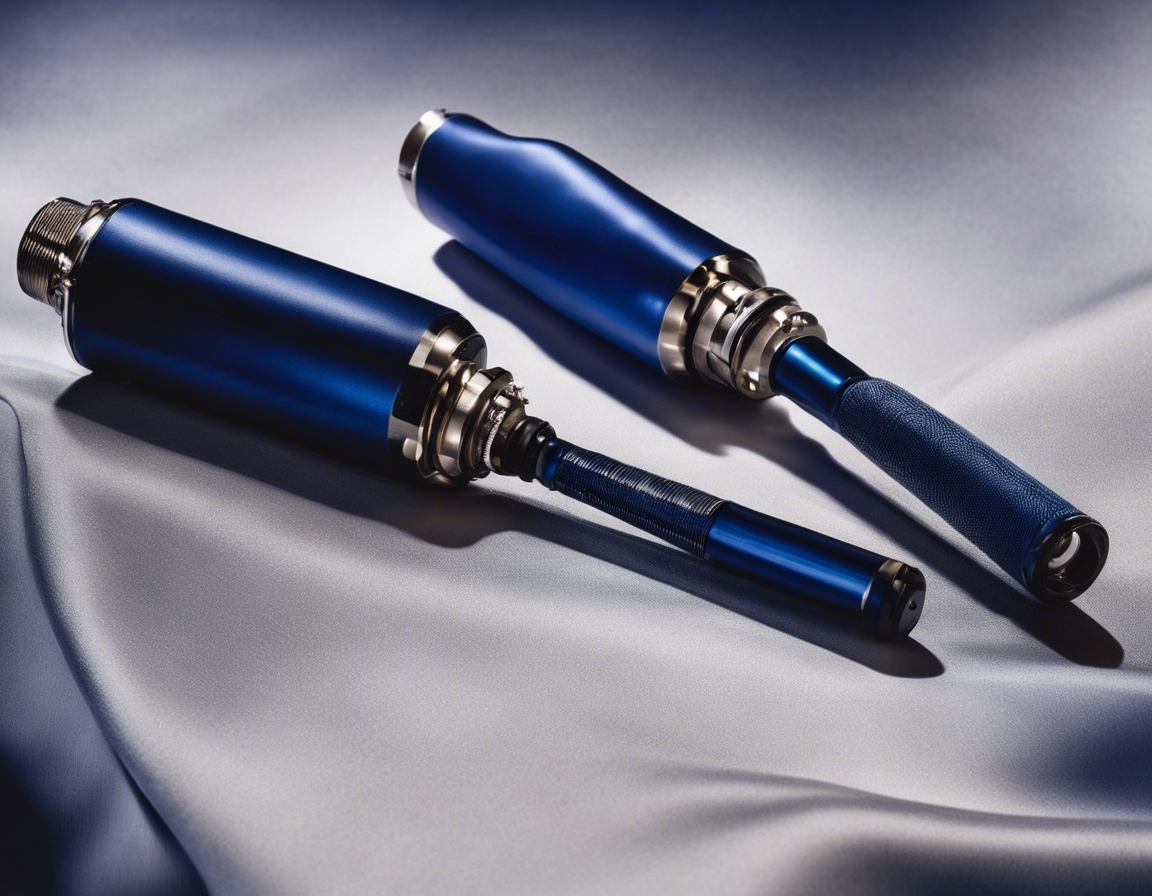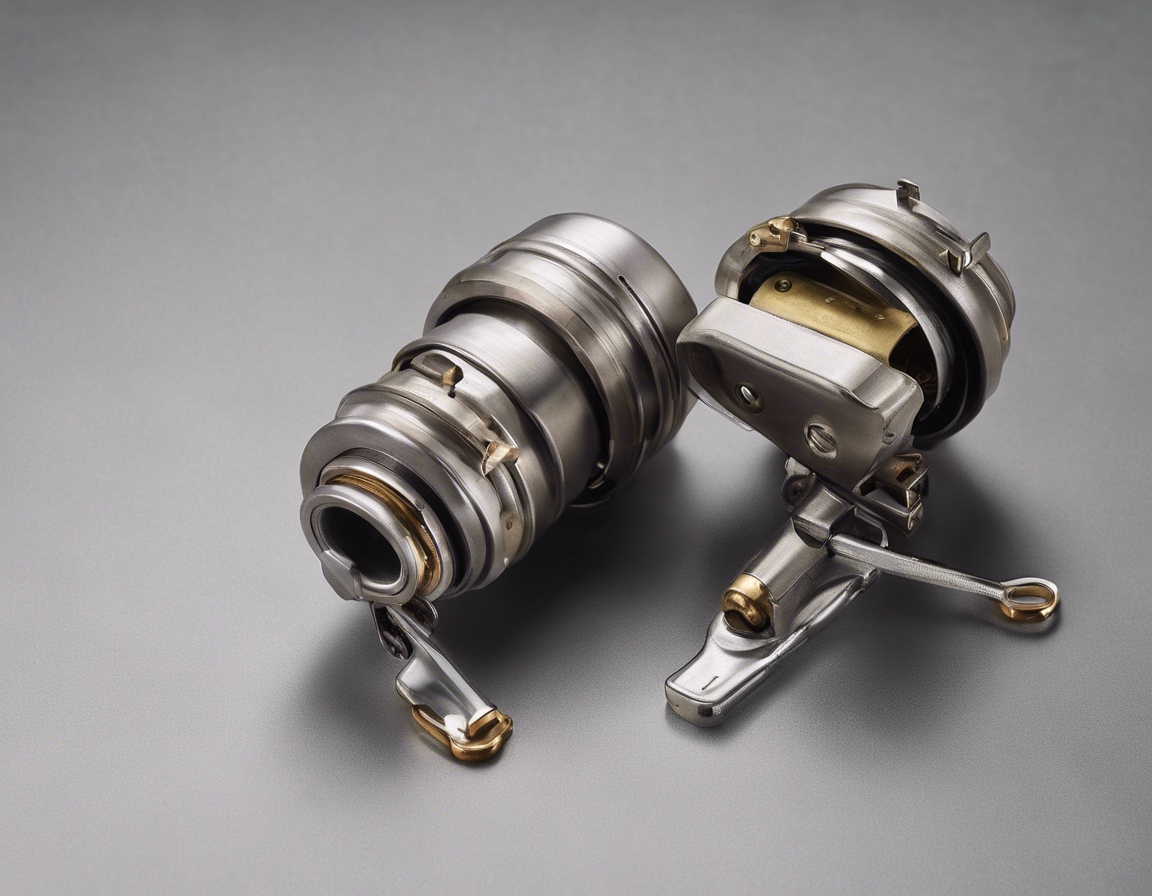5 signs you need prosthetic repair
Prosthetic devices, especially dental prosthetics, are designed to restore function and aesthetics to individuals who have lost teeth or require corrective devices. However, like any frequently used item, they can experience wear and tear over time, necessitating repair or maintenance. Recognizing the signs that your prosthetic needs professional attention is crucial for maintaining oral health and comfort.
Understanding Dental Prosthetics
Dental prosthetics include a range of devices such as dentures, bridges, crowns, and implants that replace missing teeth or parts of the tooth structure. They are custom-made to fit each individual's mouth and are essential for chewing, speaking, and maintaining facial structure.
Regular maintenance of dental prosthetics is vital to ensure their longevity and functionality. Neglecting this can lead to a host of problems, some of which may require complex repairs or complete replacement.
Sign #1: Discomfort and Irritation
If you start to experience discomfort, sore spots, or irritation in your mouth, it could be a sign that your prosthetic is not fitting correctly or has become damaged. These symptoms should not be ignored as they can lead to more serious oral health issues.
Discomfort can arise from a poorly fitting device, an allergic reaction to the materials, or wear and tear. A visit to a specialist like ERAKLIINIK DENTES AS can help identify the cause and provide the appropriate solution.
Sign #2: Difficulty Chewing or Speaking
Prosthetics are designed to restore normal chewing function, but if you find it difficult to chew or experience pain while eating, it's a clear indication that your device may need adjustment or repair.
Similarly, if your prosthetic affects your speech, making it difficult to pronounce certain words or causing a lisp, it's important to seek professional help to correct the issue.
Sign #3: Visible Wear and Tear
Over time, it's natural for dental prosthetics to show signs of wear. However, excessive or uneven wear can affect the prosthetic's function and should be addressed promptly.
Visible wear and tear not only compromise the appearance of your prosthetic but can also lead to misalignment and discomfort. Regular check-ups can prevent minor issues from becoming major problems.
Sign #4: Changes in Fit
A well-fitting dental prosthetic is essential for comfort and functionality. If you notice that your prosthetic feels loose or tight, it may be time for an adjustment or repair.
Changes in your oral cavity, such as bone resorption or changes in gum tissue, can alter the fit of your prosthetic. Professional intervention is necessary to ensure a proper fit is maintained.
Sign #5: Damaged or Broken Components
Cracks, chips, or broken parts in your prosthetic are clear signs that repair is needed. These types of damage can compromise the structural integrity and function of the device.
Attempting to repair a prosthetic on your own can lead to further damage. It's important to seek professional repair services, such as those offered by ERAKLIINIK DENTES AS, to ensure your prosthetic is restored to its optimal condition.






Comments (0)